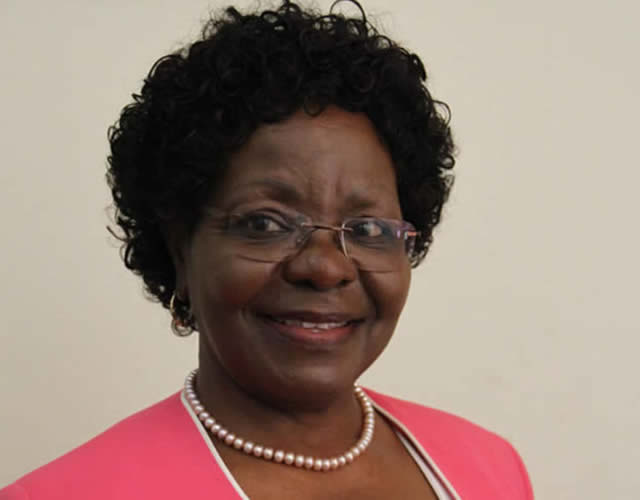Govt launches $7,6m fund to alleviate poverty

Oliver Kazunga Bulawayo Bureau
GOVERNMENT yesterday launched a $7,6 million fund under the Organisation of the Petroleum Exporting Countries (Opec) Fund for International Development to support poverty alleviation projects in country’s three major poverty stricken provinces.
According to the Zimbabwe National Statistics Agency (Zimstat) latest poverty atlas, Matabeleland North, Masvingo and Manicaland are the country’s major poverty stricken regions.
Speaking at the launch of the $7,6 million fund in Bulawayo yesterday, Small to Medium Enterprises and Co-operative Development Minister, Sithembiso Nyoni, said each of the three provinces would receive $285 000.
Each of the three provinces has seven districts.
“As Government we recognize the critical role played by the MSMEs and co-operatives in addressing the issues of poverty reduction, job creation and income generation. That is why my ministry successfully lobbied for a $7.6 million Opec Fund for International Development (Opec Fund for International Development (OFID) loan for projects aimed at alleviating poverty,” she said.
Savings and Credit Co-operatives (SACCOs) income generating projects, livestock development ventures and those ventures seeking to optimize local endowments such as fruit juice manufacturing, fish farming and small scale mining would be supported by OFID. The fund also supports projects related to the setting up of entrepreneurial training institutes.
Citing ZimStats’ poverty surveys Minister Nyoni said poverty was most widespread in Matabeleland North with 85 percent of the population in that province living in abject poverty.
“Given the current and potential contributions that Medium, Small to Medium Enterprises and Co-operatives can make to the Zimbabwean economy in general, it is important that we provide them with the necessary tools to ensure that they grow into sustainable entities that can further provide more employment, contribute to the alleviation of poverty, and address economic inequalities in our societies,” she said.
The OFID poverty alleviation project would be implemented over the next four years beginning this year.
“Three provinces, Manicaland, Masvingo and Matabeleland North, which were chosen on the basis of the Zimbabwe Atlas of Poverty will benefit from the loan. Beneficiaries of this loan facility will be chosen basing on competitiveness and viability of their project proposals.
“Projects that will have ripple effects in alleviating poverty in the community will be given utmost priority,” said Minister Nyoni.
SACCOs would be supported for cash amounting to a maximum of $10 000 with a 10 percent interest rate per annum.
Livestock development projects can access up to a maximum of $50 000 attracting interest rate of 10 percent. Entrepreneurs with projects aimed at optimizing local resources endowment can also access up to a maximum of $50 000 at 10 percent per annum interest rate.
The loan for all the projects that can be funded under the facility is payable over 12 months. Earlier, the Minister of State for Matabeleland North Provincial Affairs, Cain Mathema, challenged beneficiaries of the fund to have an entrepreneurial mindset.
“As people access loans under the OPEC Fund for International Development they should go and make money. Whatever production we are going to do, let the projects be those that will enable us alleviate poverty in our communities.
“The beneficiaries must be practical that they are going to make money. And if for instance, people venture into livestock production, let the beast be reared on a commercial scale and not on subsistence scale,” said Minister Mathema.
He said despite Zimbabwe having a number of irrigation schemes since the 1940s, the schemes have regrettably been utilised for subsistence purposes.
The projects under the $7.6 million fund seek to alleviate poverty through value addition of abundant local resources. It also seeks to foster income diversification and increased food production for self-sufficiency in terms of dietary needs.











Comments